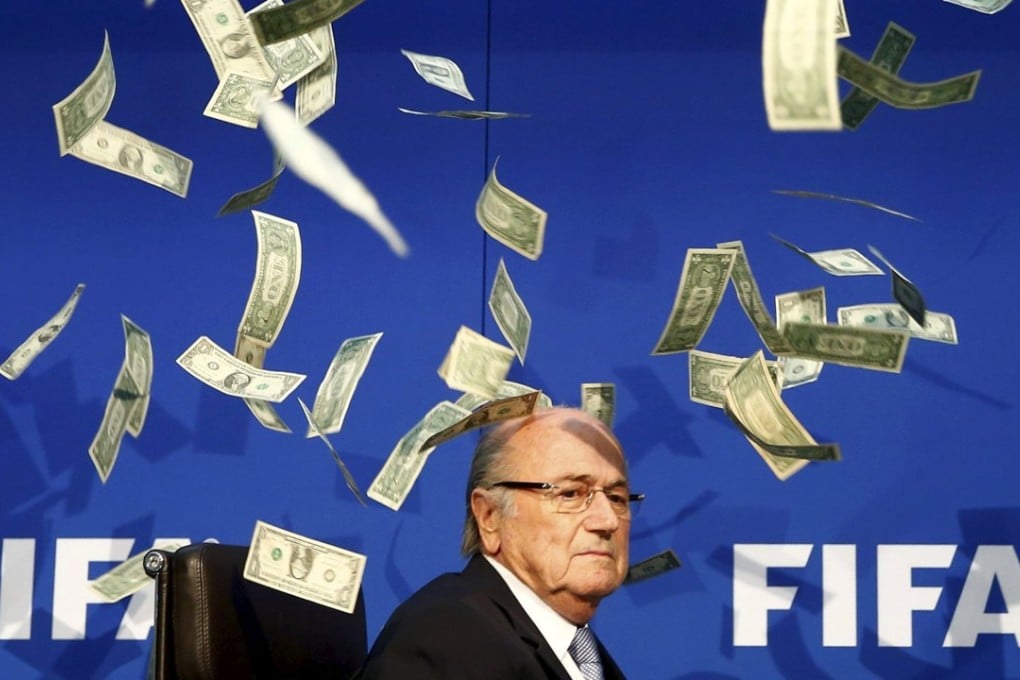Fifa’s top job will be less gravy train, more treadmill after Sepp Blatter’s reign
The new president, to be elected on Friday, will have less power and come under more scrutiny with reforms designed to stop corruption

For most of his 17 years at the helm of Fifa, Sepp Blatter travelled the world to be feted like a head of state, with VIP treatment for his private jet, police escorts to whisk his limousine to the best hotel in town, and gala banquets in his honour.
Whoever is elected to succeed him as Fifa president in Zurich on Friday will inherit a very different organisation and a very different job, where crisis management skills are more important than delivering grandiose speeches to fawning audiences.

And, far from providing a platform to dispense largesse in return for loyalty, the position should come with tougher demands and closer scrutiny, thanks to a set of institutional reforms set to be passed just before the next president is chosen.
Had it not been for the sensational arrests of Fifa officials on suspicion of corruption in Zurich last May at the behest of the US Department of Justice (DOJ), Blatter would most likely have carried on in the same fashion until 2019.
These reforms are really structured in terms of getting rid of the gravy trains and the luxury lifestyle
Then, either Frenchman Michel Platini or Cayman Islander Jeffrey Webb, previously the heads of the European and North American soccer federations, Uefa and Concacaf, would most likely have succeeded him in a smooth, coordinated transition. And Blatter would probably have been named honorary Fifa president, and indulged with a platform at big events.
